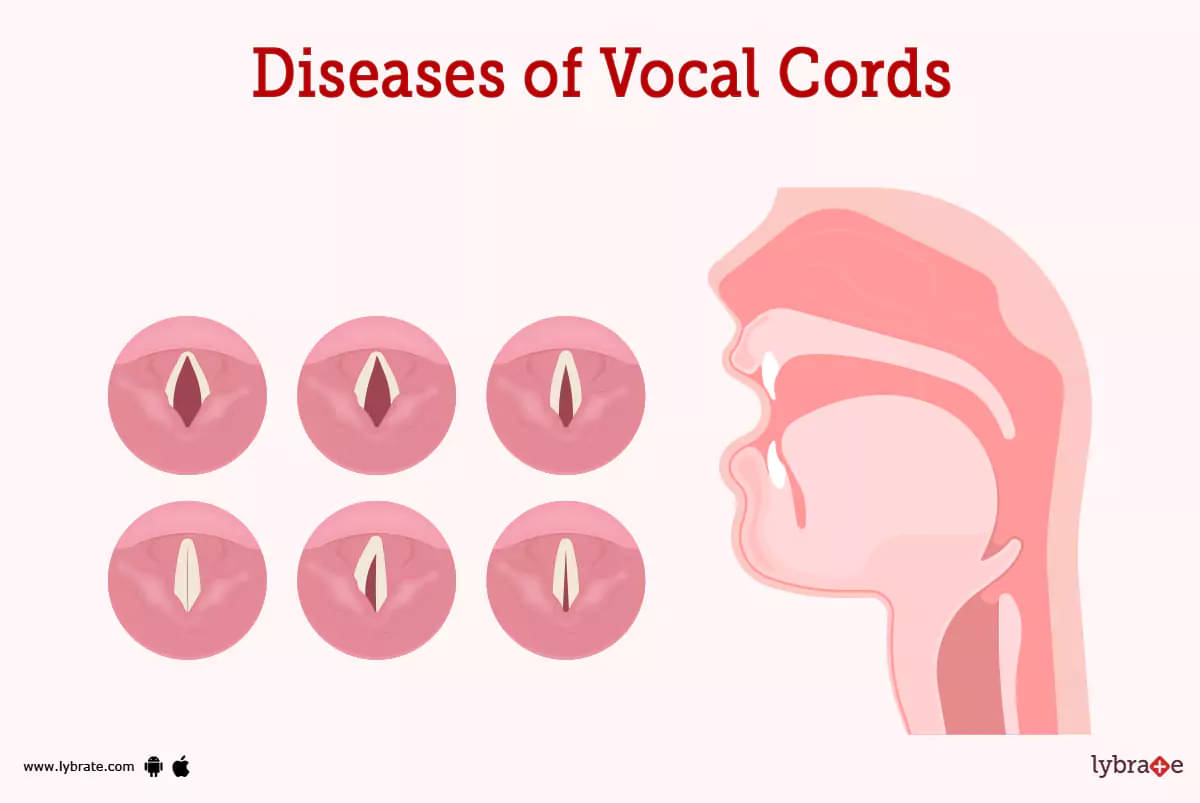Have You Ever Lost Your Voice?

Have you ever shouted at a concert or cheered at a game, only to wake up the next day sounding scratchy—or worse, unable to speak above a whisper? Most people never think about their vocal cords until something goes wrong. But these tiny bands in your throat are working hard for you every day, whether you’re singing, laughing, talking, or even whispering.
What Do Your Vocal Cords Actually Do?
Think of your vocal cords as the strings inside a musical instrument—your body’s own set of built-in guitar strings. They sit inside your voice box (larynx) at the top of your windpipe. When you want to talk or make a sound, air from your lungs flows up and passes through these cords. The cords vibrate, much like plucked strings, creating the sound of your voice. If the cords are healthy, you get a clear, strong sound. If they’re swollen or irritated, your “instrument” sounds off-key, raspy, or may not work at all.
Besides making sound, your vocal cords help protect your airway. When you swallow, they close tightly so food and drinks don’t go down the wrong tube—keeping your lungs safe.
3 Common Vocal Cord Problems and Why They Happen
- Laryngitis (Voice Loss or Hoarseness): Laryngitis happens when your vocal cords get inflamed, usually from overuse (like yelling), infections (such as a cold), or irritants (like smoke). When the cords swell, they can’t vibrate normally, making your voice sound rough or even disappear. Ignoring this and pushing your voice can lead to longer-lasting problems.
- Vocal Nodules (“Singer’s Nodes”): These are small, callous-like bumps that form when you use your voice too much or too harshly—think of them as blisters from overusing your hands. Nodules make your voice sound breathy, hoarse, or weak. If untreated, they can become permanent and make speaking or singing much harder.
- Vocal Cord Paralysis: Sometimes, one or both vocal cords stop moving due to nerve injury, infections, or even thyroid surgery. This can make your voice very weak, and in some cases, it can make breathing or swallowing unsafe. If left untreated, it can seriously affect your quality of life and safety.
Vocal Cord Myths: What You Need to Know
- Myth: Whispering is safer for your voice when you’re hoarse.
Truth: Whispering actually strains your vocal cords even more than speaking softly. It can make irritation worse, not better. - Myth: You only damage your vocal cords by yelling or singing loudly.
Truth: Even talking for long periods without breaks, speaking over noise, or clearing your throat a lot can hurt your vocal cords. Everyday habits matter just as much as big events.
6 Simple Ways to Protect Your Vocal Cords
- Stay Hydrated: Drink plenty of water throughout the day. Moist vocal cords vibrate smoothly, making your voice clearer and preventing strain. Aim for at least 6-8 glasses daily.
- Take Vocal Breaks: Give your voice regular rest, especially if you talk a lot for work or fun. Short pauses help your cords recover and prevent overuse injuries. Try resting your voice for 10 minutes every 2 hours during heavy use days.
- Avoid Smoking and Secondhand Smoke: Smoke irritates and dries out your vocal cords, making them more likely to swell or get injured. If you smoke, consider quitting, and avoid smoky environments as much as possible.
- Use a Humidifier: Dry air (especially in winter or air-conditioned rooms) can dry out your throat. Using a humidifier at night keeps the air moist, which is gentler on your vocal cords. Run it while you sleep or during long hours indoors.
- Warm Up Your Voice: Just like athletes warm up their muscles, gently hum or do light vocal exercises before heavy voice use. This gets your cords ready and helps avoid sudden strain. Try simple humming for 2-3 minutes before speaking or singing a lot.
- Don’t Clear Your Throat Excessively: Throat clearing slams your cords together and can irritate them. Instead, sip water or swallow to relieve the urge, and try to cough only when truly needed.
Warning Signs It’s Time to Talk to a Doctor
- Hoarseness Lasting More Than Two Weeks: If your voice stays hoarse or weak for more than two weeks, it could signal a bigger problem—a doctor can help find the cause and prevent lasting damage.
- Severe Pain or Difficulty Swallowing: Pain or trouble swallowing that doesn’t go away may mean your vocal cords (or something nearby) is seriously inflamed or injured. Delaying care could make things worse.
- Sudden Loss of Voice or Trouble Breathing: If you suddenly can’t speak, or you have trouble catching your breath, get medical help right away. This could mean your airway is blocked or your vocal cords aren’t working correctly, which can be dangerous.
Daily Check-In: Are You Caring For Your Voice?
- ☐ Did I drink enough water today?
- ☐ Did I avoid yelling or straining my voice?
- ☐ Did I give my voice a rest when needed?
- ☐ Did I use a humidifier or avoid very dry air?
- ☐ Did I avoid clearing my throat too much?
Your Voice, Your Power: Protect It Every Day
Your vocal cords may be small, but they play a huge role in everything from chatting with friends to protecting your airway. Remember, simple habits—like staying hydrated and resting your voice—can make a big difference in keeping your “instrument” strong for years to come. If you notice lasting changes in your voice, don’t ignore them; early care keeps your voice healthy and helps you stay connected to the world. Your voice matters—treat it with the care it deserves!